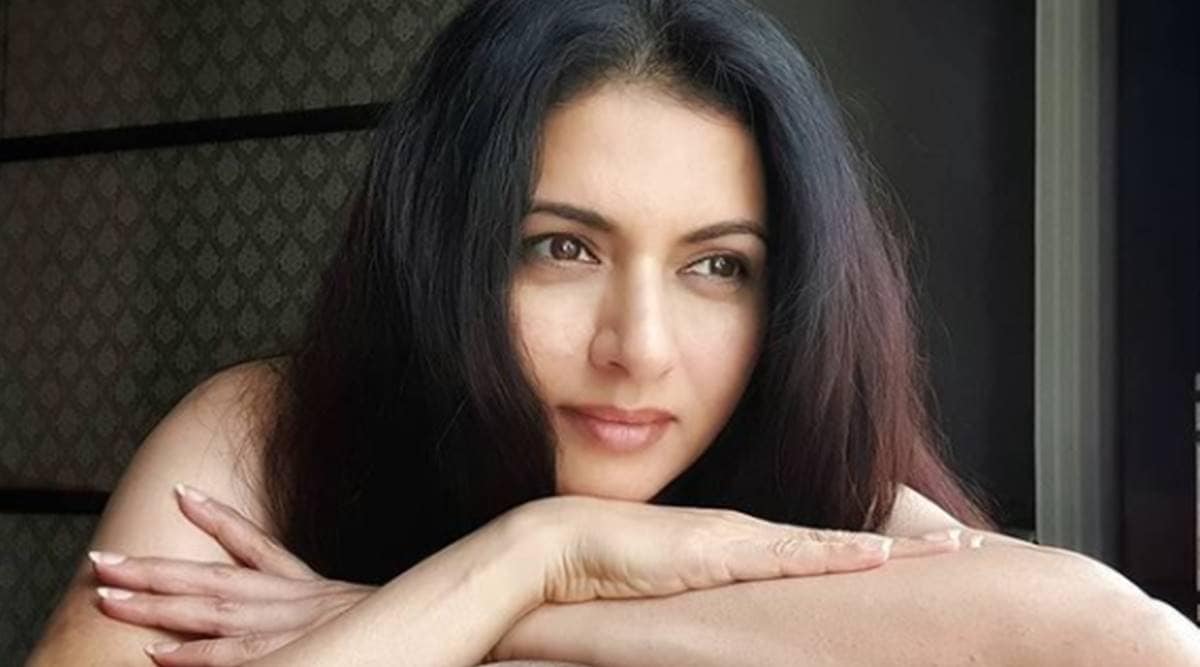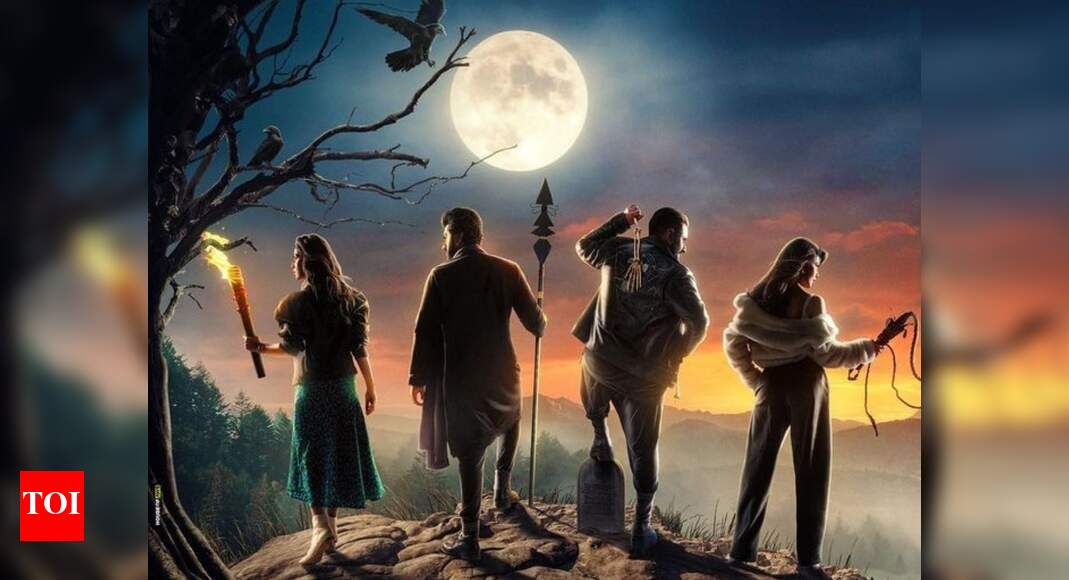Bhagyashree on quitting films after Maine Pyar Kiya: ‘I wasn’t true to my God, I did not value my success’
Actor Bhagyashree is one of those rare actors who left Bollywood at the height of her popularity, choosing to get married and leave films immediately after her blockbuster, Maine Pyaar Kiya, made her India’s sweetheart. The film that set Salman Khan on the road to superstardom is considered iconic to the day. She was 20 then. As Bhagyashree celebrates her 52nd birthday today, the actor is in the midst of her second stint. She will be seen in Kangana Ranaut’s Thailaivi and Prabhas’ Radhe Shyam this year.
This is not Bhagyashree’s first comeback, the actor returned to films in 2000s, where she appeared in various regional films such as Shotru Dhongsho (2002) and Uthaile Ghoonghta Chand Dekhle (2006), Seetharama Kalyana (2019). She also appeared in Hindi films like Humko Deewana Kar Gaye (2006), and Red Alert: The War Within (2010), but mainly stayed out of limelight.
Excerpts from the interview:
Q) You have a happening year ahead of you with Thailaivi and Radhe Shyam releasing. How excited are you?
There is excitement and nervousness in equal proportions. What I keep coming back to, when I feel like this, is when my daughter was coming down to the breakfast table on the day of her final board exams. She had a spring in her step and a broad smile on her face and I was wondering, ‘why is this girl smiling on the day of her board exam, isn’t she nervous?’ She told me, ‘I will never be doing this ever in my life again, so I am excited that this is happening for the first time in my life.’ I thought of it as such a wonderful way to get over your nervousness.
I am going to start a new chapter in my life, getting back to doing films, so I have kept the nervousness on the backburner and let excitement take over. I want to remember my journey in this light.
Q) You had a dream breakthrough with Maine Pyar Kiya, and then you gave it all up.
I enjoyed doing Maine Pyar Kiya. I loved the process of it, loved being on the set — I remember each and every day vividly. This is the movie when I realised that I enjoyed being in front of the camera, that I loved acting.
So, for me, this process of learning to love something I do was more important than anything else, I had never thought about being an actor. For me it was all about taking on a journey, learning a new profession. Now when I look back, I realise how I took it so lightly, the film came to me, and I didn’t make the most of it.
Artistes really work very hard to get the kind of success I got then. I got it quite easily, and very early on in my life. It just came to me. I feel I wasn’t true to my God because He gave it to me and I did not show gratitude towards that, I did not value the success that was showered on me. And now I look at it as a learning experience.
For so long I stayed far away from what I really loved. I wasn’t grateful for what I got. Today, I value what I had then. In the last couple of years, I have realised that if people are remembering Suman, and are offering me roles even after 30 years of the film, I must have done something right and I’ll no more underestimate what I have in me. I have to be more grateful for the opportunities that have come my way in my second innings. I hope the audience loves me again, and this time I will be ever so grateful. I would not have given up acting, if I had the kind of learning I have today.
Q) How different would Maine Pyar Kiya be, if it was made today?
I don’t know if value is seen in waiting and in sacrifice today. It is a very fast-forward life, sense of loss doesn’t persist for too long, I think. The girl was waiting for the guy to come back (in Maine Pyar Kiya), and the guy knew he had to prove himself because Suman was waiting for him to return. They didn’t meet when they were expected to stay away from each other. Today’s generation would be rebellious.
It is all about instant pleasure and gratification. These concepts are quite dated today, we have different kind of stories today, they’re all so well rounded and thought out. I don’t mean to say that people today don’t fall in love or that they lack depth, but things are different. I think stories that are told today are closer to real life, not far away from reality.
Q) Has filmmakers’ attitude towards women actors in their 40s and 50s changed?
Today people don’t say, ‘Oh, aapne mummy ka role kiya hai’, because even mother roles are so well written, I vividly remember Kiran Kher role from Devdas, she had so much power, she was beautiful and her character affected the story. Her character journey was fantastic. I drew inspiration from her.
Today, new-age directors are making sure that they complete each character’s journey, every role they have in the film stands for something, that wasn’t a case back then. These characters are not only related to the main character but they also have an arc and an individual personality, they aren’t there only to make the lead guy look good.
Today when I go on set, I see so many women around me working in different capacities. There are women cinematographers, art-directors, assistant-directors, directors, and when I talk to them, I release how they have left it all to pursue their dream and I draw inspiration from them, I never had any woman to look up to when I was young, I didn’t have the strength and courage to pursue my dreams.


